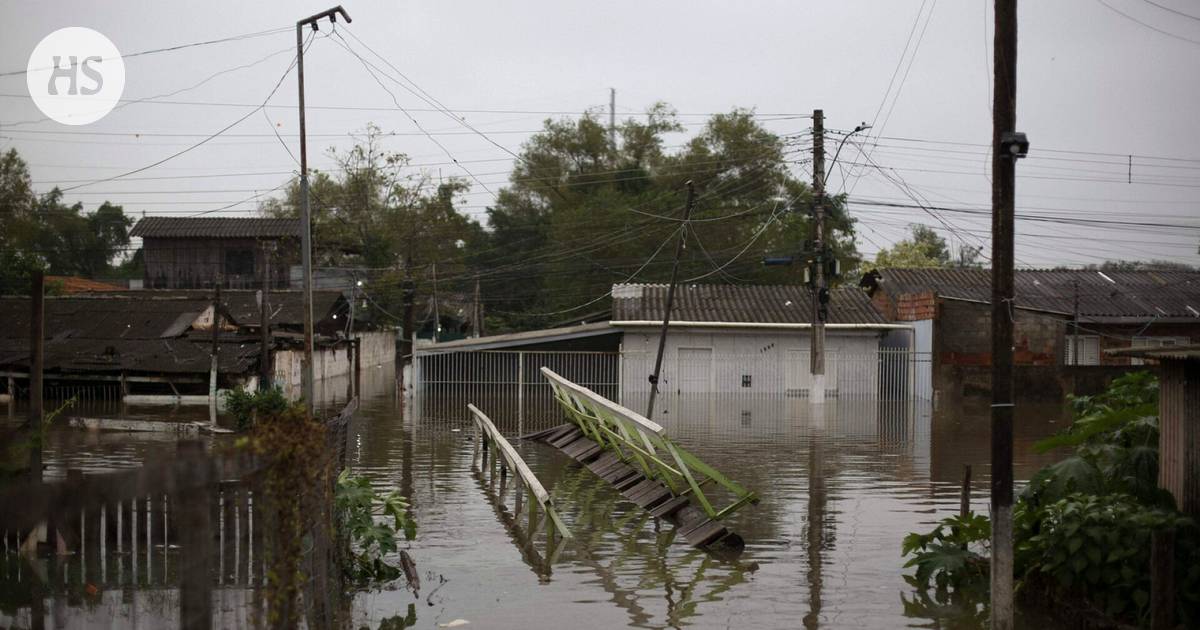Sustainable Alternatives to Traditional Coffee: Combating Negative Impacts on the Environment through Biotechnology and Innovation
The global demand for coffee has brought about several negative impacts on the environment. Deforestation, increased carbon emissions, and low wages for farmers are just some of the issues that arise from the mass production of this popular beverage. Climate change is also making land suitable for coffee cultivation increasingly scarce.
To combat these problems, some companies are turning to new technologies to create sustainable alternatives to traditional coffee beans. One such approach is using biotechnology to develop viable replacements. Atomo, for example, has created beanless coffee products using ingredients like date seeds, lemon, and guava. Other companies are working on lab-grown coffee cells as an alternative.
Despite the potential benefits of these new products, convincing consumers to try them may be a challenge. The coffee industry is facing additional challenges such as a possible price surge due to factors like droughts caused by El Niño in major coffee-producing regions.
In the future, your morning cup of coffee may look very different as companies continue to innovate and find sustainable solutions to the environmental and economic challenges associated with traditional coffee production.

